Andy Peart, CMSO at Artificial Solutions, discusses the capabilities of conversational AI for enterprise companies pursuing digital evolution.
Avenue Code: Tell us about your educational and career journeys. How did you get to where you are today?
Andy Peart: I studied engineering and management, specializing in IT and loved it so much that I immediately started working for an IT company that was very innovative in the market at the time. I’ve always actively picked companies specializing in disruptive technologies that aren’t massive because I want to make a difference.
After working for a number of private and listed companies, all focused on software and services, I ended up at Artificial Solutions, where I’ve been for the last 10 years. It’s been an amazing journey. I was fortunate enough to join just when AI was coming into its resurgence; the ability to marry innovation with business benefit is key here.
AC: What are the unique challenges and opportunities for you as CMSO at Artificial Solutions? How have you leveraged those opportunities to become CMO of the Year?
AP: It’s quite a balancing act, because you need to look at every area of the business and marketing’s role within it, which means close collaboration with the CEO, CTO, CFO, VP Sales, and more. It’s a team approach in which I need to be able to look at both high-level strategy and tactical details.
From a marketing perspective, we’re in a fortunate position for COVID-19 because it was already part of our strategy to migrate activities to digital channels. In fact, despite all the uncertainty that’s facing the world right now, we’re already up 33% YOY on leads.
AC: Who are your top competitors for conversational AI, and what is it that you are doing differently?
AP: Our conversational AI platform, Teneo, allows non-specialists to quickly build sophisticated conversational systems, delivering a range of point solutions for voice, text, touch, and gesture. One of our differentiators is that we’ve built Teneo specifically to meet the needs of large enterprises.
For example, Teneo supports 36 languages. An implication of this is work groups are likely to be distributed geographically, so you also need enterprise features such as workflow that allow multiple work groups to check in and out on their part of a project, with built-in automated testing, version control, and rollback. Teneo also allows for distributed hosting both on cloud and on premise. There are so many enterprise-specific issues to consider for this particular market, and nobody else in the vendor landscape has the level of enterprise capability that we do.
We also offer a more sophisticated level of conversational capability. Chatbots often fail because they’re developed to follow a linear flow of conversation. Teneo is built to handle more human-like conversations, because we use a hybrid approach to building conversational systems that combines the very best of machine learning with a linguistic approach.
This correlates to data benefits as well. When people speak naturally and conversationally, as they do through Teneo, they reveal a lot about what they’re thinking, including their likes, dislikes, and desires. It's massively valuable for our clients to be able to hear what their customers want so they can improve products and services. By having a small number of very powerful differentiators, we are excelling among strong competitors like Google’s Dialogflow, Amazon’s Alexa, and Microsoft’s Bot Builder and LUIS.
AC: What are the key factors for leadership in the AI product industry?
AP: Many of our competitors just provide developer frameworks and leave customers to build conversational systems on their own, but actually building and understanding how to develop truly conversational AI solutions requires a lot of expertise. We utilize our in-house professional services team and our partner network to support enterprises through the implementation process for greater success.
Beyond this, we focus exclusively on conversational AI, which allows us to innovate. Way back, we built a chatbot called Elbot that repeatedly won the Loebner Prize and was crowned the king of AI, but of course, the vast majority of our solutions are built for major brands looking to automate how they deliver customer service. Indeed, we were the first company to recognize the need to build an underlying platform that enterprises can use to build out a range of solutions rather than merely using individual point solutions.
The next stage of the conversational AI journey is getting individual virtual assistants/chatbots to talk together so that they can hand off questions to other bots with the appropriate specializations. This is an example of how we believe we’re able to push the boundaries of innovation in our field.
 Image courtesy of Andy Peart.
Image courtesy of Andy Peart.
AC: What was your biggest “Aha!” moment recently as it relates to strategy/management?
AP: In 2014, we were the first to develop an underlying platform that could be used by our in-house experts, partners, and clients to build out chatbots. The nature of being a disruptor in the market is doing things differently. It was a risk, but when we took it to market, it was a great success.
The second aha moment came within the last few months. This pandemic is the catalyst for a lot of change, particularly in the area of conversational AI, because COVID-19 is changing how enterprises interact with their clients. Companies are going to need to find new ways of scaling and building resilience and continuity into their organizations. Conversational AI, which goes hand-in-hand with AI process automation, is a prime solution.
AC: How can AI help companies recover after COVD-19?
AP: The companies that excel through any crisis/recession are those that are able to transform quickly. For this particular crisis, and the widely-predicted recession to follow, companies need to look to digital transformation to survive and grow. One of the areas of digital transformation that’s fundamental is automated consumer interaction because it means we’re less reliant on call centers to provide meaningful interactions. As an end user, I would think so much more highly of any organization that could assist me and answer my questions through an intelligent conversational AI chatbot.
AC: How mature is AI to be able to handle initial interactions with customers?
AP: It’s very mature. Our conversational AI technology is capable of handling intricate customer care situations like authorizing mortgages. One of our US customers is using conversational AI linked with RPA to improve turnaround time from days to minutes when helping customers move funds between accounts, all with excellent authentication and security. Conversational AI is already handling very advanced issues. Many end customers may not realize, for example, that it often provides second line support to call agents.
AC: What is your perspective on the ethics of using customer data for AI model training?
AP: This is one of our differentiators - from an enterprise point of view, our clients own all of their data because they can host on premise. In terms of ethics, it’s still a discussion point. Consumers want to personalize their experience and are willing to give up a bit of privacy in order to enjoy the benefits of having a chatbot remember a previous conversation and assist them more capably.
That said, companies still have responsibilities to their customers. For example, our clients need to comply with legal regulations like GDPR. Also, if a customer wants their data to be deleted, there must be processes and technology in place to do so. Our products come with this built-in safety feature for end users.
AC: What channels do you like best for receiving information, and what do you like to read?
AP: I receive most information through social media, my team, and my peers. For reading, I enjoy fun books like Harry Potter! One book I highly recommend is The Magic of Reality by Richard Dawkins - I love how science can be perceived as magic.
AC: Thanks for the insight into the capabilities of conversational AI, Andy! It’s been fascinating, and we look forward to keeping up with Teneo’s continued evolution.
Author
Soheil Namvar
Soheil Namvar is a Business Development Specialist at Avenue Code. He is a multi-disciplinary engineer with a strong desire for educating, learning, and solving problems. He loves mingling his teaching skills and technical background to develop businesses. He enjoys classical music, standup comedy, and above all being a father.




